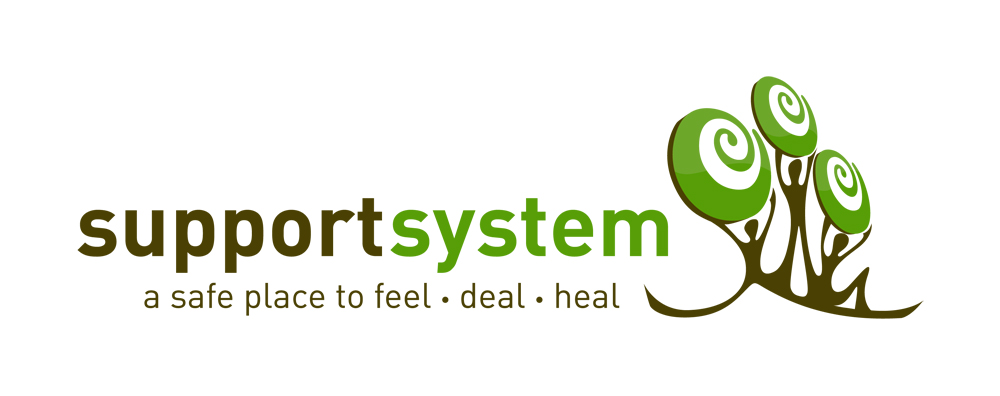|
Frequently asked questions and ANSWERS FOR PARENTS
What is play
therapy?
Play therapy is to children what counseling is to adults. Play therapy utilizes play, children's
natural medium of expression, to help them express their feelings more easily through toys instead of words.
Does
my child need play therapy?
Throughout their lives, most children go through difficult times, such as the divorce
of their parents, trouble making friends, or adjusting to changes at school or home. Some children need more help than others
to get through these times. If you or other adults in your child's life are concerned about your child's behavior,
play therapy can help. It is the most appropriate treatment for helping your child work through difficult times and helping
you gain a better understanding of what your child is going through.
What toys are in a play room and why?
Toys are carefully selected for the play therapy room to facilitate creative and emotional expression from children.
The types of toys used can be played with in many ways and therefore allow for decision-making in children. They are also
very durable and sturdy to allow for repeated use and rough play.
Why play therapy?
Play Therapy
is the most appropriate method of treatment for children who are having difficulties coping with life situations. Though children
lack the cognitive skills to express themselves with words, they are fluent in the language of play. Play therapy allows them
to express themselves in the way in which they are most comfortable.
How long does a child receive play therapy?
The length of time a child is seen in play therapy varies from child to child. It depends upon the severity of
the trauma, the child's personality, and how the child perceived the trauma. This can be discussed with your child's
play therapist during consultation times.
What's the difference between play therapy and playing with
my child at home?
Play therapists are specifically trained to provide an environment of acceptance, empathy
and understanding in the play therapy room. Play therapy is not the same thing as playing. Play therapy uses the child's
natural tendency to "play out" their reactions to life situations, in the presence of a trained play therapist,
to help the child feel accepted and understood and gain a sense of control or understanding of difficult situations.
How much does play therapy typically cost?
The cost of play therapy varies dramatically depending
upon geographical location, type of organization, insurance coverage, and availability of play therapy providers. Contact
play therapists directly for specific information regarding costs.
What is group play therapy?
Group play therapy is similar to individual play therapy in many ways, but is different in that usually between 2 and 4
children spend their play therapy time together with one play therapist. Group play therapy provides children with the opportunity
to learn and practice social skills in situations that are very similar to real life social situations.
Can I watch my child in play therapy?
Just as a counselor who works with adults keeps the information shared in sessions confidential, your child's play therapist will keep the information from their sessions confidential (exceptions apply). However, he or she will meet with you periodically to discuss your child's play in general themes, hear your concerns, and talk about any questions you may have related to your child's progress in play therapy.
I'm in
a custody battle over my child; Can play therapy help?
The play therapy environment is a place where children
are accepted and understood. Many children caught in the middle of a custody battle experience lots of feelings, such as anger,
fear, and uncertainty. Due to changes at home, children may not feel safe to express their emotions to their parents. Play
therapy provides a safe place for children to express these emotions to an accepting and understanding person.
Can
a play therapist tell me if my child has been abused?
Through the course of building a relationship and engaging
in the process of play therapy, your child's play therapist will watch for themes in your child's play. Over time
and across sessions, your child's play therapist may be able to observe enough information to either support or contradict
an assumption you may have regarding abuse of your child. s therapy confidential?
In general, the law
protects the confidentiality of all communications between a client and a therapist. Information is not disclosed without
written permission. However, there are number of exceptions to this rule. Exceptions include:
- Suspected child abuse or dependant adult or elder abuse. The therapist is required by law to report this to the appropriate authorities immediately.
- If a client is threatening serious bodily harm to another person/s. The therapist must notify the police and inform the intended victim.
- If a client intends to harm himself or herself. The therapist will make every effort to enlist their cooperation in insuring their safety. If they do not cooperate, further measures may be taken without their permission in order to ensure their safety.
- In response to a subpoena. These might be issued for records or for a personal appearance.
- If a complaint is filed. A governing board has the right to subpoena confidential mental health information relevant to that complaint.
|
|
